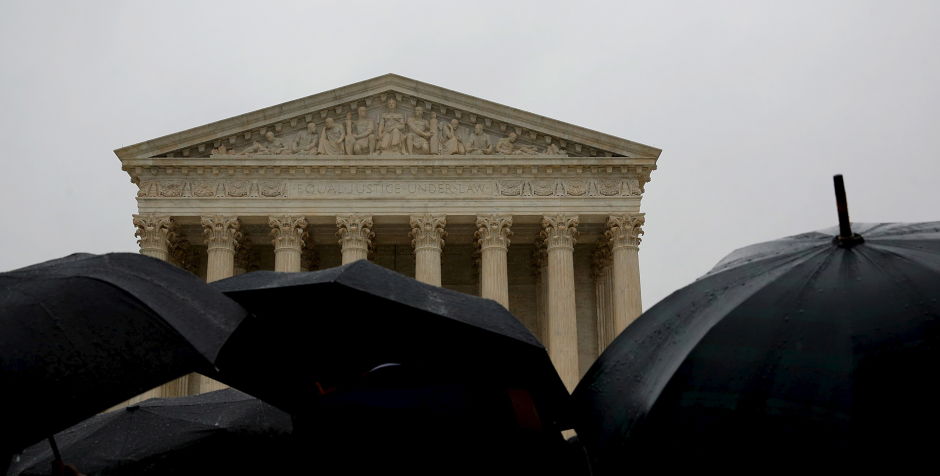There are Constitutional Limits on Executive Power: A SCOTUSblog Symposium
This week, ACLJ Chief Counsel Jay Sekulow provided an in-depth analysis of United States v. Texas at SCOTUSblog, which is one of the top legal sites, bringing legal scholars and practitioners across the country together to address the Supreme Court and the most important cases of our time. Focusing on the issue of President Obama’s Executive lawlessness, he wrote:
Impatient presidents don’t get to rewrite the law when they don’t get their way. This is foundational to our country’s entire system of governance. The Supreme Court recently granted the president’s petition for certiorari in United States v. Texas, a case taking this issue head on. Yes, this case is of great national importance, as the president contends, but for reasons different than those he advanced. It’s not about immigration policy. It’s about the Constitution and fundamental pillars of our republic – the separation of powers – intended to protect our liberties and freedoms (including those of people lawfully entering the United States).
On numerous occasions, President Barack Obama publicly proclaimed that he took executive action to “change the law” – specifically, to categorically confer “lawful presence” on at least 4.3 million illegal aliens. To the president, his constitutional responsibility to “take Care that the Laws be faithfully executed” brings with it the power to change the law. He’s wrong.
President Obama’s actions are unconstitutional, violating the separation of powers and exceeding his considerable prosecutorial discretion. Congress’s refusal to enact the president’s preferred policies does not provide a lawful pretext for violating our nation’s vital restraints on executive authority. The president’s action is not moored to his constitutional authority, either express or implied, nor can it be moored to a delegation of statutory authority.
The ACLJ has already filed four amicus briefs on behalf of more than 100 Members of Congress and hundreds of thousands of concerned Americans. We are preparing an amicus brief now to file at the Supreme Court to once again defend the Constitution against President Obama’s lawless Executive overreach.
As Jay Sekulow concluded:
Remember, this case is not about immigration policy preferences. It is not about some politically expedient or amorphously moral prerogative to grant lawful status and benefits to as many illegal aliens (or potential voters) as possible. No, an emotional appeal to the plight of illegal aliens cloaks the real issue: The Constitution grants decision-making power in these areas to Congress and Congress alone. The executive is but to enforce and execute the laws made by Congress. It’s true that, for better or worse (mostly worse), Congress has vested agencies with certain duties that often entail discretion. But neither the president nor his agents are granted authority to change the law. “[M]anifestly contrary to the statute,” DAPA changed the law as only Congress may, and violated the president’s solemn duty to “take Care that the Laws be faithfully executed.” This is as clear a case of unconstitutional executive overreach as there ever was. And this is precisely why we at the ACLJ got involved in the case. The administration is pushing. We have to push back. . . .
The orders, opinions, and rationale of the lower courts make clear: The president believes he has virtually limitless authority, and his administration is unrestrained by notions of candor to the court (the district court is reserving the issue of sanctions for numerous “misrepresentations” made by the administration as to the 108,081 applications it granted while the case was pending). And while the concept that a president would exceed his constitutional powers is not novel, neither is the concept that the judiciary will stand in his way.
Such is the case before the Supreme Court.
This Supreme Court decision could have a decades-long impact on the power of the Presidency to unilaterally rewrite our nation’s laws in numerous policy areas. This is not what our Founding Fathers envisioned and this is no way to protect our individual freedoms.
Join our fight to defend the Separation of Powers and sign on to our Supreme Court brief today.
